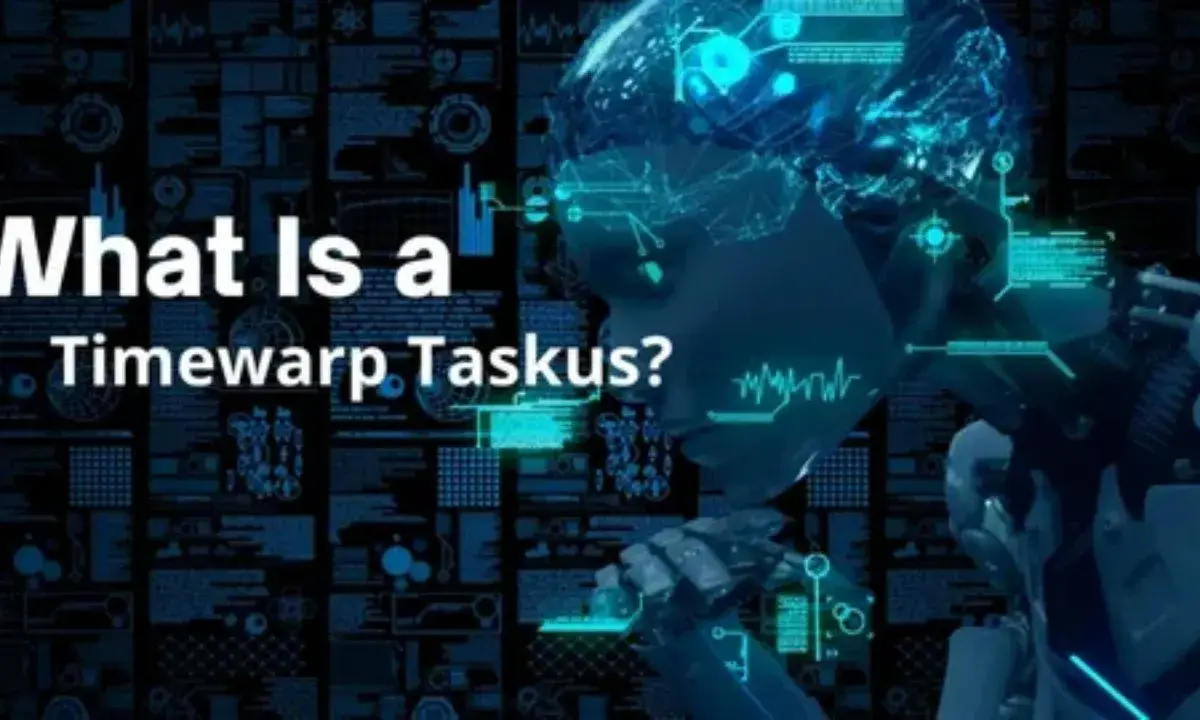Workplace culture has undergone massive transformations in the past decade. Remote work, flexible schedules, and a shift toward employee-first policies have become more than just buzzwords. At the center of this transformation stands Timewarp TaskUs, a workplace model that challenges traditional norms and sets a benchmark for what the future of work can look like.
TaskUs, a global outsourcing company, introduced Timewarp not as a gimmick, but as a philosophy-driven cultural framework. The model emphasizes flexibility, creativity, employee well-being, and organizational success—all wrapped into one bold approach. Let’s dive into what makes Timewarp revolutionary and why it has captured the attention of businesses worldwide.
Introduction to Timewarp TaskUs
Timewarp TaskUs is not simply about flexible schedules or remote work policies. It’s a comprehensive workplace design that merges creativity, well-being, and business efficiency into one system.
The initiative emerged in response to rising concerns about workplace monotony, burnout, and disengagement. Many traditional companies focused solely on output while neglecting the human aspect of work. TaskUs flipped that model by asking: What if we created a workplace where employees thrive first, and business success follows naturally?
At its core, Timewarp represents:
- Flexibility – allowing employees to design their own work rhythms.
- Inclusivity – ensuring that all employees, across roles and regions, feel valued.
- Creativity – embedding innovation into everyday workflows.
- Well-being – making employee happiness and mental health central.
This approach not only redefines office culture but also signals a new era of human-centered corporate culture.
The Philosophy Behind Timewarp TaskUs
The philosophy of Timewarp TaskUs is grounded in three essential beliefs:
- People-First Approach
TaskUs believes that when employees feel valued, respected, and motivated, productivity naturally follows. Instead of prioritizing profit over people, Timewarp prioritizes people as the foundation of profit. - Authenticity at Work
Employees are encouraged to bring their authentic selves into the workplace. Whether through themed office spaces, open conversations, or community-driven events, authenticity drives engagement and creativity. - Cultural Innovation
Traditional workplaces often stifle innovation through rigid rules and hierarchical structures. Timewarp flips this script, building a culture of trust where autonomy and experimentation thrive.
“Timewarp is more than a policy. It’s a mindset shift that allows people to do their best work while being their best selves.” — TaskUs Leadership
By embedding these values into operations, Timewarp creates a workplace that not only retains top talent but also inspires them.
Timewarp as a Workplace Culture Revolution
Calling Timewarp a workplace culture revolution is no exaggeration. While other companies experiment with hybrid models, TaskUs went further by reinventing the entire workplace experience.
Breaking Away from Rigid Corporate Norms
Instead of tying success to office hours, Timewarp shifts the focus to outcomes, creativity, and collaboration. Employees aren’t micromanaged—they’re trusted to deliver.
A New Style of Collaboration
- Fewer unnecessary meetings
- Asynchronous communication tools (Slack, Notion, project boards)
- Cross-team creative sessions where people collaborate without pressure
Example: Case Study Inside TaskUs
A TaskUs client service team operating under Timewarp reported:
- 20% increase in task completion speed due to fewer interruptions
- 30% rise in employee satisfaction scores compared to pre-Timewarp surveys
- Significant drop in burnout-related attrition within the first year
This data highlights how workplace design and culture directly impact performance.
The Role of Creativity in Timewarp TaskUs
Creativity lies at the heart of Timewarp TaskUs. Instead of treating creativity as a side activity, TaskUs weaves it into the fabric of everyday work.
How Timewarp Boosts Creativity
- Uninterrupted focus time gives employees space for deep work.
- Brainstorming sessions encourage idea-sharing across teams and departments.
- Playful environments spark imagination (think interactive murals, themed meeting rooms, and collaborative lounges).
Tools for Creative Collaboration
| Tool/Method | Purpose | Example in Use |
|---|---|---|
| Digital Whiteboards | Remote brainstorming sessions | Miro for design sprints |
| Hackathons | Rapid problem-solving & innovation events | Quarterly idea challenges |
| Async Brainstorming | Collect ideas across time zones | Trello + Slack integrations |
Measurable Outcomes
- New internal apps developed through hackathons
- Creative marketing campaigns born from async brainstorming
- Higher client satisfaction scores linked to innovative problem-solving
By embedding creativity-driven work environments, TaskUs transforms employee output into something both impactful and innovative.
Timewarp and Employee Well-being
Employee well-being is not a side benefit in Timewarp—it’s a core pillar.
Work-Life Balance in Action
Unlike rigid corporate schedules, Timewarp gives employees flexibility to work around life. Parents can adjust schedules for childcare, while night owls or early birds can work when they’re most productive.
Mental and Emotional Health Programs
TaskUs invests heavily in employee wellness programs, including:
- Access to counseling and therapy sessions
- Peer support groups
- “Offline hours” policies to prevent overwork
- Mindfulness and stress-relief workshops
Measuring Well-being
TaskUs doesn’t just claim improvement—it measures it.
| Metric | Pre-Timewarp | Post-Timewarp |
|---|---|---|
| Employee Net Promoter Score (eNPS) | 35 | 60+ |
| Annual Employee Turnover | 18% | 9% |
| Reported Stress Levels | High | Moderate to Low |
The results speak for themselves. Employee retention improved, stress reduced, and engagement soared.
Business Benefits of the Timewarp Model
Timewarp is not just good for employees—it’s a business growth strategy.
Key Benefits for TaskUs
- Increased Productivity: Employees deliver more value in less time due to fewer distractions.
- Cost Savings: Remote flexibility reduces real estate and overhead costs.
- Talent Attraction & Retention: A flexible, engaging workplace appeals to Millennials and Gen Z.
- Stronger Client Relationships: Happy employees deliver better customer service, boosting client satisfaction.
Data Snapshot
- 25% improvement in productivity after adopting Timewarp principles
- 40% lower attrition rates compared to industry average
- Improved client NPS scores, showing the ripple effect of employee satisfaction on customer experience
TaskUs proves that a people-centric business model drives tangible bottom-line results.
Why Other Companies Should Pay Attention
Many businesses are watching Timewarp TaskUs closely because it demonstrates what’s possible when workplace culture is redesigned.
Lessons for Other Companies
- Culture First, Not Policy First – Rules won’t change culture, but culture will shape rules.
- Trust Is Foundational – Without trust, flexibility fails.
- Tech Infrastructure Matters – Tools for collaboration, tracking, and communication are non-negotiable.
Potential Challenges
- Some employees may feel isolated in remote-first settings.
- Not all industries can adopt full flexibility (e.g. manufacturing, healthcare).
- Requires leadership commitment and consistent reinforcement.
Despite these hurdles, the organizational well-being programs and cultural strategies embedded in Timewarp make it a model worth replicating.
Conclusion: The Future of Work is a Timewarp
Timewarp TaskUs represents more than a trend—it’s a vision of the future of work. By placing employee well-being, creativity, and inclusivity at the center, TaskUs proves that productivity and profitability naturally follow.
The success of Timewarp challenges other organizations to rethink rigid structures and adopt futuristic workplace models that balance both human needs and business goals.
As companies face new challenges—remote teams, AI integration, and global collaboration—Timewarp offers a roadmap for how to thrive in this changing landscape. The lesson is simple: when employees flourish, businesses succeed.

Ember Clark is an expert blogger passionate about cartoons, sharing captivating insights, trends, and stories that bring animation to life for fans worldwide.

